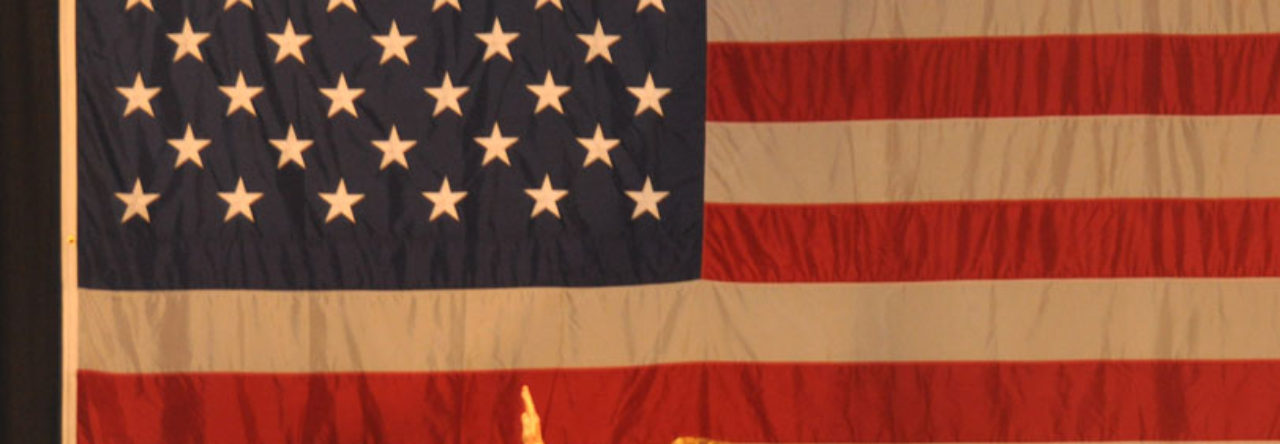Sundance Film Festival is ending its 40th run on January 28th. I’ve been streaming many of the award winners, including these, in alphabetical order:
- “A New Kind of Wilderness”
- “A Real Pain”
- “Daughters”
- “In the Summers”
- “Kneecap”
- “Little Death”
- “Porcelain War”
- “Suncoast”
[I’ll be telling you about the above films in installments over the next few days, so tune in.]
Although “A New Kind of Wilderness” is first on the list because it is alphabetically first, I think it may be my favorite of the 8 listed, which are award winners. “A New Kind of Wilderness” won the World Cinema Grand Jury Prize.
The beautiful part of “A New Kind of Wilderness” is that it is a documentary, but also contains a wonderful story of how a couple in Norway (he is British; she is Norwegian) chose to drop off the grid and raise their children on a farm in Norway. As Nik, the father of Freja, Falk, Ulv and step-father of Ronja tells us, “We want to be independent, free, and full of love.” He added, “We govern our own lives…When you choose a life that is so dependent on yourself, you have a certain authenticity.”
The children have no television, no electronic devices, are home schooled, and learn about growing their own food and hunting and butchering animals for food. The father, Nik, warns the children that traditional schooling teaches, “You can be yourself, but only if you fit in and follow the rules.”
But then the children’s mother, Maria Gros Daine, dies and the group is forced to sell the farm and move to the city. They also spend 4 months in England visiting Nik’s parents, but the kids obviously do not want to move to England, although he temporarily considers it, because, as he said, “It’s a lot harder being alone.”

The entire story was basically the 2016 film “Captain Fantastic” starring Viggo Mortensen and written and directed by Matt Ross. The director was Silje Evensme Jacobsen and she got the idea of the film from Maria’s blog wildandfree.no and worked on developing the gorgeous images from it (Maria was a professional photographer) into this film. It was very well done and the plot mimicked Matt Ross’ plot line as the children are gradually introduced to the electronic world and school and they begin to enjoy learning and socializing, which is both a good thing and a bad thing. It is a good thing because living off the grid is also an isolating experience, but it is also bittersweet to hear Frija tell her father she would rather go to school than play hooky and go camping with him.
It was a beautiful film and all of the issues in the “Captain Fantastic” film were addressed using real-life participants in the adventure of dropping out of normal life to live an exceptional life, the good, the bad, and the ugly of it all.
